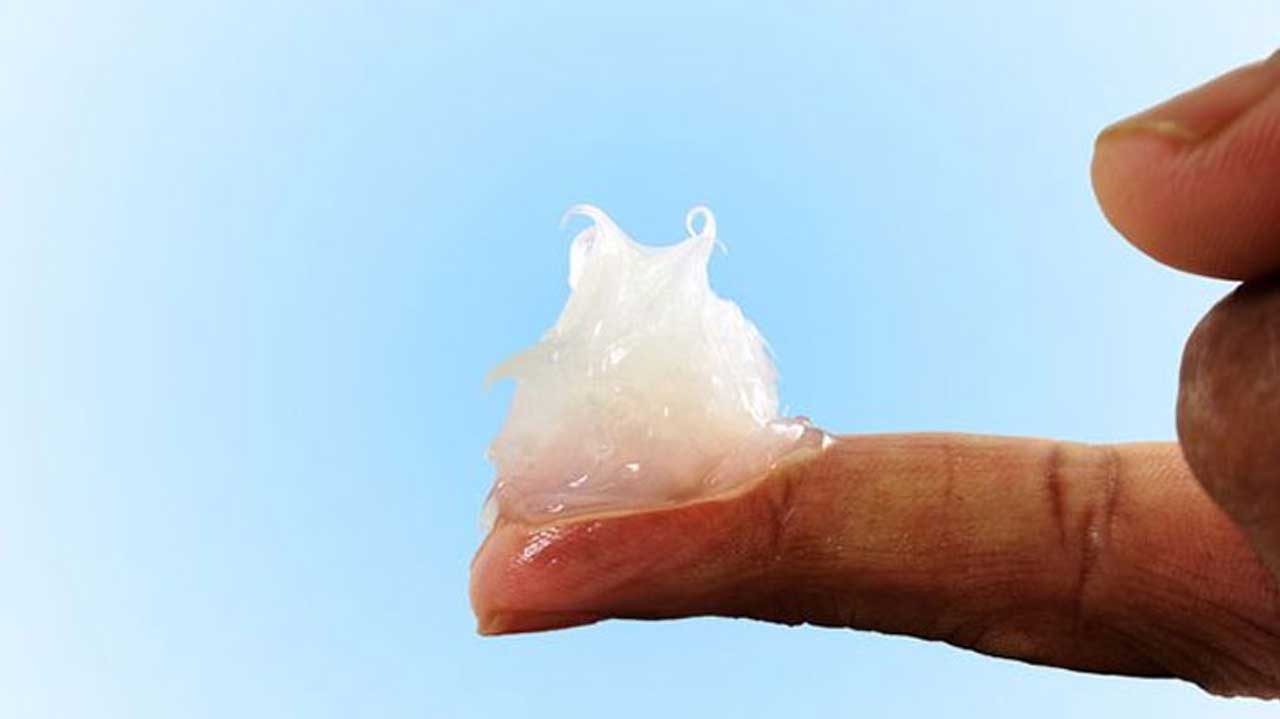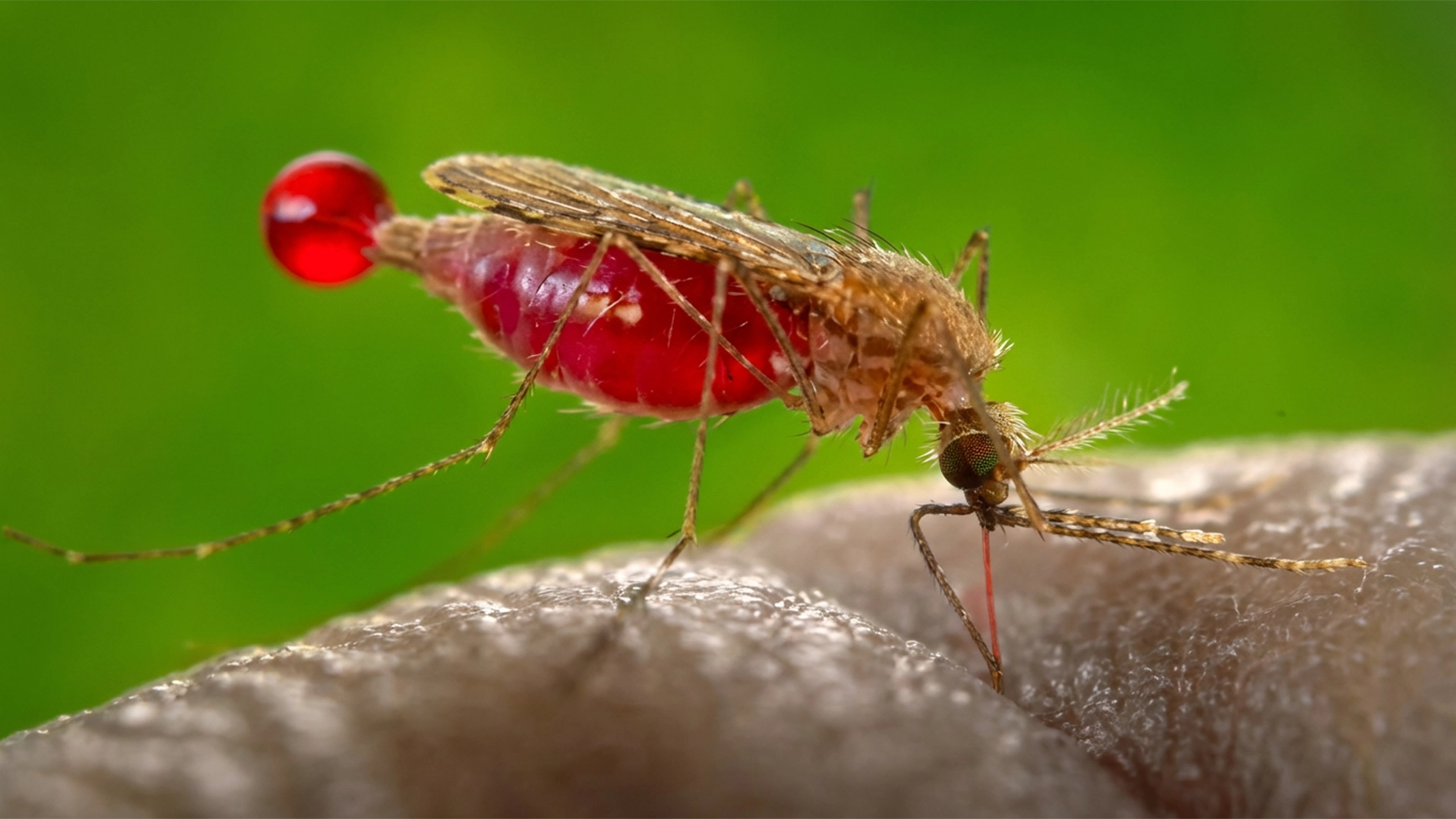
The conventional wisdom that applying petroleum jelly to a cut will help it heal faster could actually be harmful, a new study has revealed.
Researchers claim that using petroleum jelly damages the ‘natural plaster’, or protective film, your body creates over a wound. This slows the healing process, and it may even open the wound up to infection.
“If you get a scrape or a cut it is best to let it clot for half an hour to let the film form. Do clean it of course if it needs it,” a researcher from the study advises.
“After that, it might not be so bad to add petroleum jelly, but before then, from our findings, it appears to damage this film.’
The researchers hope the results of the study will be informative about the possible drawbacks of using petroleum jelly. For example, the jelly is still used by doctors to close surgical wounds and in contact sports as first aid.
It is believed this research could even lead to better treatments for illnesses related to blood clotting, like heart attacks.
The researchers used medical imaging technology to identify a protective film, which forms over a fresh wound.
This film is made out of a substance called fibrin, a blood-clotting agent.
The fibrin forms a mesh with holes big enough to allow air to reach the wound, while being too small for bacteria and most viruses to pass through, allowing a scab to form while preventing infection.
‘We did laboratory and animal studies which showed this film could be a barrier against microbial infection for at least 12 hours, and this gives the immune system time to get white blood cells to the wound to counteract any infection,’ professor Robert Ariëns, from the Leeds Institute of Cardiovascular and Metabolic Medicine, told the BBC.
“The study is reshaping our understanding of blood clotting. Not only do clots stem blood loss, they also provide a frontline defence against infection,” Ariens said.
“Understanding exactly what happens at the end of fibrin fibres has been a question medical scientists have been trying to answer for years now. This study is providing that long overdue explanation.”
However, when petroleum jelly was applied to the wound, it perforated the mesh. The scientists believe this could increase the risk of infection.
“If you get a scrape or a cut it is best to let it clot for half an hour to let the film form. Do clean it of course if it needs it, but the clot will make its own perfect plaster,” Ariens advises.
“After that, it might not be so bad to add petroleum jelly, but before then, from our findings, it appears to damage this film.”
Doctor Nick Levell, president of the British Association of Dermatologists, told the BBC: “Skin healing is important in both the healthy and those with skin disorders.
“For example, leg ulceration is an increasing problem for elderly people. This research may lead to further real-life clinical studies to see how oil-based substances affect infection rates.”
[ad unit=2]






